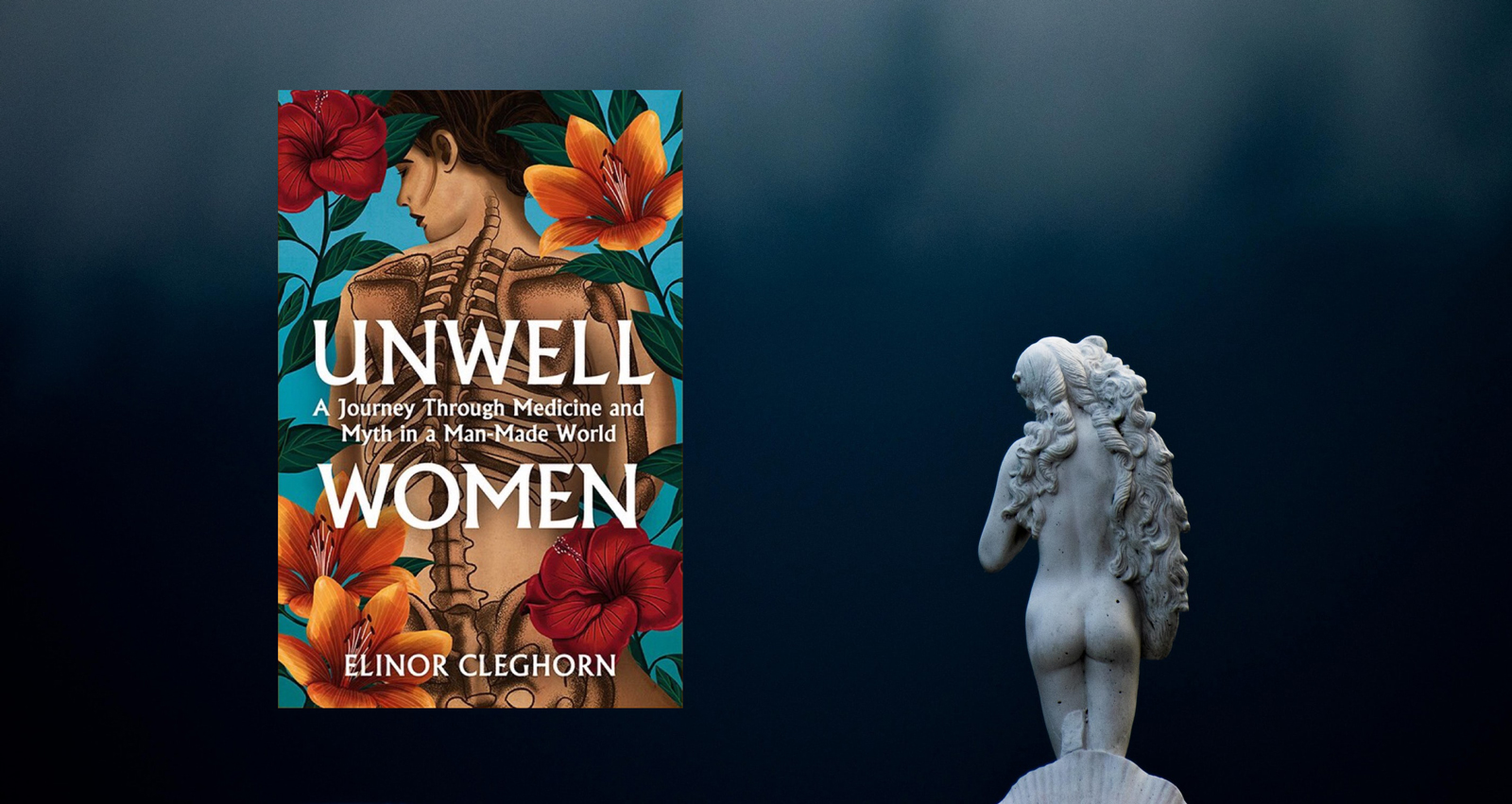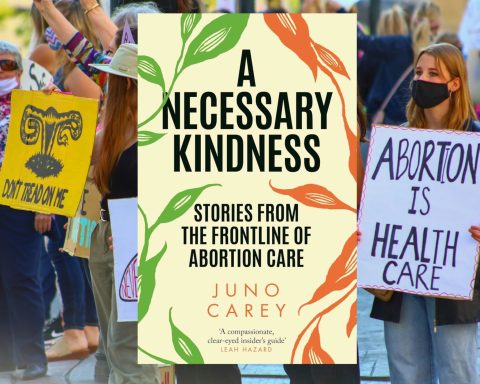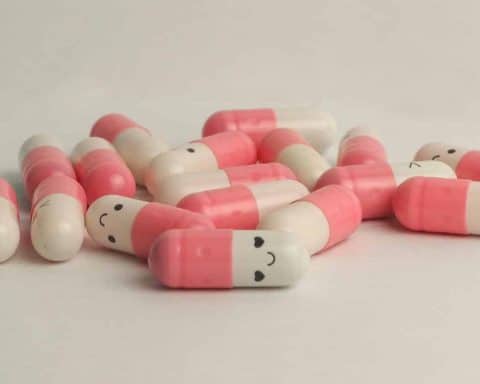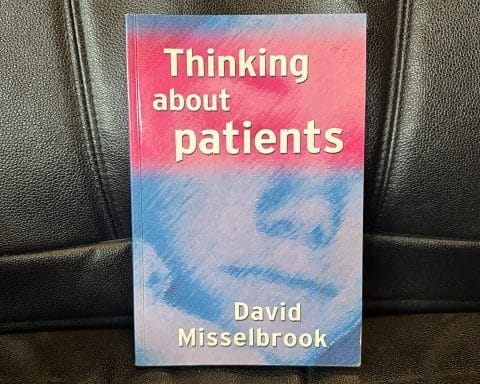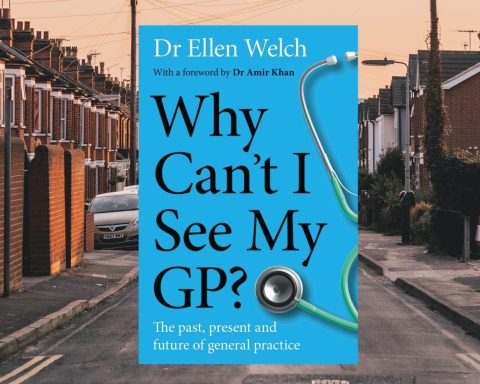
About 8 years ago, a close friend of mine died of breast cancer. At diagnosis, after a referral delay when she was advised that the lump she felt was benign, she was given a 25% chance of living for 5 years.
Following her difficult and distressing death, her husband told me of the consultation with the surgical team at her 12-month follow-up, after enduring mastectomy, chemotherapy, and radiotherapy. The (male) surgeon had turned to him, ignoring his wife completely, and said ‘Now, how about a delayed breast reconstruction? You would like that, wouldn’t you?’. He spoke of his overwhelming anger at this assumption and the exclusion of his wife from the discussion, saying that he wanted to shout back ‘All I want is for her to LIVE’.
Elinor Cleghorn examines and discusses the way in which such patriarchal attitudes have become embedded in medical practice and how they influence the management and diagnosis of illness that affects women now.
Reviewing the understanding of female physiology and anatomy from Ancient Greece onwards, Cleghorn reflects on how the assumption that the female role in society is restricted to the domestic and reproductive sphere has skewed healthcare towards an attribution of all symptoms to gynaecological disorders.
… there continues to be a prejudicial element in the medical approach to women’s health.
She also describes how experimental treatments were visited on female patients without consent and sometimes without anaesthesia, citing Sims’ work on vesicovaginal fistula in the 1840s, when he experimented on conscious enslaved women. Later, the unequal distribution of surgical management of psychiatric disorders led to 75% of those undergoing lobotomy for ‘nervous instability’ or anxiety being women, often reducing patients to a childlike state.
The difficulty experienced by women in becoming qualified doctors has, she argues, biased the way in which natural female life experiences such as menstruation and the menopause have been medicalised and managed by male clinicians who will never experience them.
The effects of social prejudices against contraception and abortion continue to affect female quality of life in many parts of the world, and Cleghorn describes the vested interests that often lie behind this. She also highlights the fact that female complaints of pain may be ignored and the diseases that cause them may be difficult to detect, giving examples of endometriosis, and in her own case, systemic lupus erythematosus.
Insights for current practice can be gained from quotations such as that of Mrs. Stewart, one of the first women to undergo a pain-free childbirth owing to new medical practice:
‘Just Dr Gauss’s admitting that my pain was my pain made me comforted and happy. I felt at last that I had found a place where people realised that pain was pain.’
The book ends with a plea for clinicians to listen to the histories given by women and ‘believe them the first time’.
From a clinical perspective, references to endometriosis as ‘endo’ can grate, and there is little acknowledgement of the fact that medicine is an evolving science delivered by time poor clinicians under pressure.
There is a tendency to view past management through the technological lens of the present, and also to quote techniques that remain pioneering (for example, breast resensation after reconstruction).
The book ends with a plea for clinicians to listen to the histories given by women and ‘believe them the first time’.
Historically, ignorance of female anatomy and physiology would have been equaled by that of male anatomy and physiology in some of the examples cited, and not indicative of a specific disregard for female welfare. However, as the book moves through to the present day, it becomes clearer that there continues to be a prejudicial element in the medical approach to women’s health.
The author’s own experience of being told that she had been ‘sewn up nice and tight’ after delivery is both disturbing and upsetting. I wonder how many teaching sessions in medical school involve female patients describing their experience of gynaecological consultations, consultations after childbirth, or those regarding breast cancer?
If we are to deliver better patient-centred care, these consultations need to move away from telling to asking, from mandating to offering, and from dismissing concerns to addressing them. Sadly I suspect that many male patients have equally poor consultations, but as I have argued before,1 their reproductive life does not automatically incur medical attention and therefore their experience as patients is different.
As Jocelyn Cornwell2 highlights, we could all do better in acting with humanity, and this book helps to illuminate the feminist perspective on injustice in health care.
References
1. Dawson J. Depreciating assets: the female experience of health in the UK. Br J Gen Pract 2021; DOI: https://doi.org/10.3399/bjgp21X715085.
2. Cornwell J. Reflections on 15 years of the Point of Care. 2021. https://www.pointofcarefoundation.org.uk/blog/reflections-on-15-years-of-the-point-of-care (accessed 29 Jun 2021).
Featured book
Elinor Cleghorn. Unwell Women: A Journey Through Medicine And Myth in a Man-Made World. Weidenfeld & Nicolson, 2021, HB, 496pp, £12.52, ISBN-13: 978-1474616850.
Featured photo by Stavrialena Gontzou on Unsplash

